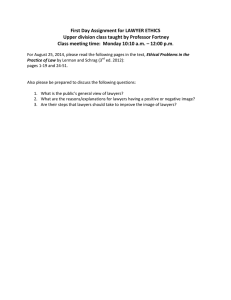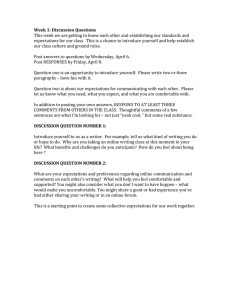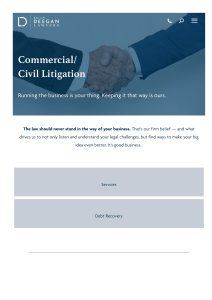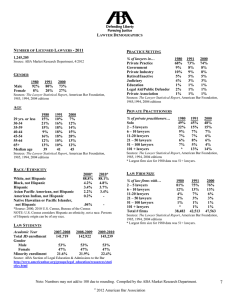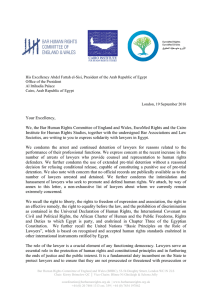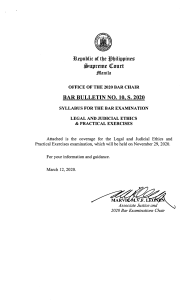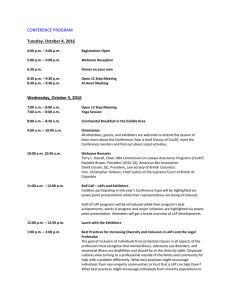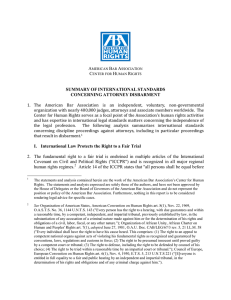don`t put it in writing - Mobile Insurance of Texas
advertisement
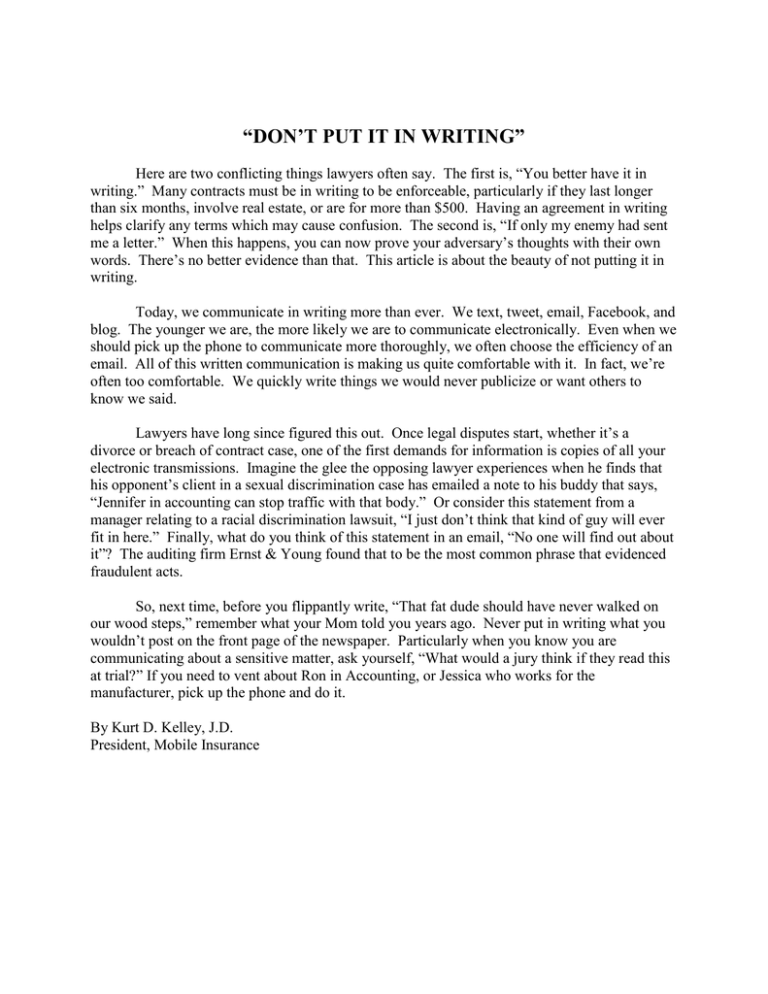
“DON’T PUT IT IN WRITING” Here are two conflicting things lawyers often say. The first is, “You better have it in writing.” Many contracts must be in writing to be enforceable, particularly if they last longer than six months, involve real estate, or are for more than $500. Having an agreement in writing helps clarify any terms which may cause confusion. The second is, “If only my enemy had sent me a letter.” When this happens, you can now prove your adversary’s thoughts with their own words. There’s no better evidence than that. This article is about the beauty of not putting it in writing. Today, we communicate in writing more than ever. We text, tweet, email, Facebook, and blog. The younger we are, the more likely we are to communicate electronically. Even when we should pick up the phone to communicate more thoroughly, we often choose the efficiency of an email. All of this written communication is making us quite comfortable with it. In fact, we’re often too comfortable. We quickly write things we would never publicize or want others to know we said. Lawyers have long since figured this out. Once legal disputes start, whether it’s a divorce or breach of contract case, one of the first demands for information is copies of all your electronic transmissions. Imagine the glee the opposing lawyer experiences when he finds that his opponent’s client in a sexual discrimination case has emailed a note to his buddy that says, “Jennifer in accounting can stop traffic with that body.” Or consider this statement from a manager relating to a racial discrimination lawsuit, “I just don’t think that kind of guy will ever fit in here.” Finally, what do you think of this statement in an email, “No one will find out about it”? The auditing firm Ernst & Young found that to be the most common phrase that evidenced fraudulent acts. So, next time, before you flippantly write, “That fat dude should have never walked on our wood steps,” remember what your Mom told you years ago. Never put in writing what you wouldn’t post on the front page of the newspaper. Particularly when you know you are communicating about a sensitive matter, ask yourself, “What would a jury think if they read this at trial?” If you need to vent about Ron in Accounting, or Jessica who works for the manufacturer, pick up the phone and do it. By Kurt D. Kelley, J.D. President, Mobile Insurance

